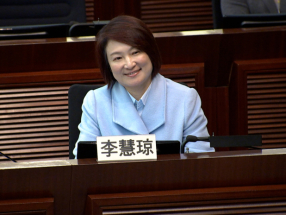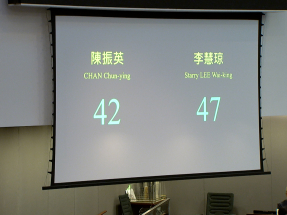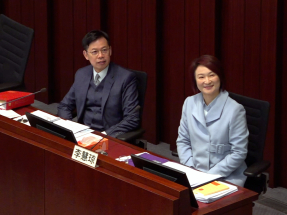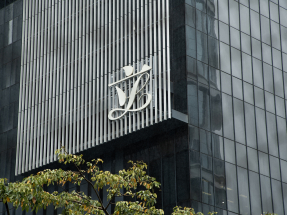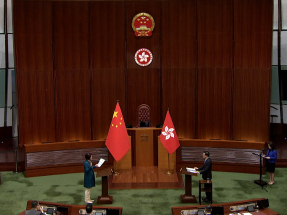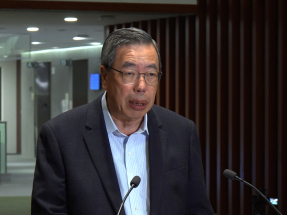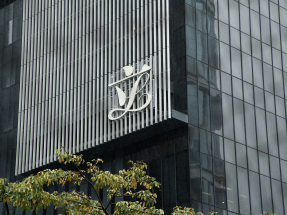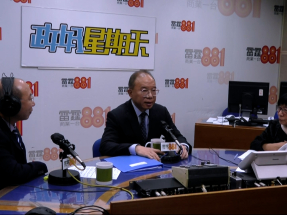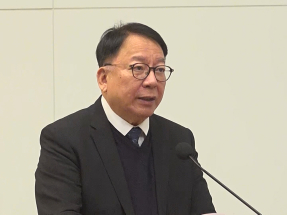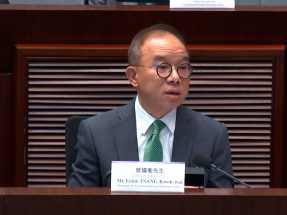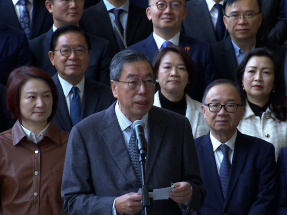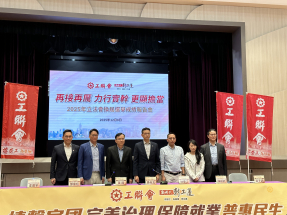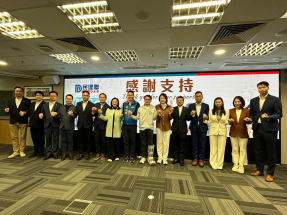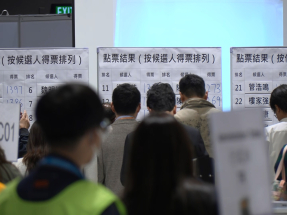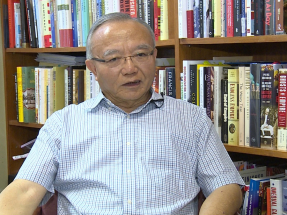Outgoing Legislative Council President Andrew Leung said on Wednesday that the turnover rate of lawmakers this term is lower than that in the past several terms.
So far, 22 out of 89 serving lawmakers have said they are not running again, or a little under a quarter of the council.
Leung noted that the percentage for all other Legco terms had always been higher, and said it is only natural for people to come and go.
"There's nothing strange. Of course last term was special, more than 60 percent of councillors left. This was Hong Kong, but in other legislatures, a shift in political landscape could see half the members gone," he said at a press conference wrapping up the current legislative term.
"There's no need to make a big fuss about this. If eighty of our 89 serving members actually stayed on, what would you say then?"
While some long-serving councillors will be gone, Leung said it doesn't matter whether the public can recognise every lawmaker.
He said even if the council was a movie, it would be hard for the audience to recognise all 90 lead actors, adding that councillors are obviously not in the chamber to act, but to get things done.
Leung said lawmakers passed 130 bills in the past four years, 60 percent more than the previous term.
The most important, he said, was the domestic national security law, but he noted there were also bills passed that improved people's livelihoods.
Those included reforming district councils to improve governance, making the reporting of child abuse mandatory, and changing tolls for harbour crossings.
The council, he said, has changed from past friction to becoming rational and pragmatic.
Leung said he has served as a lawmaker for 21 years, the past nine as president.
He said he is proud to have witnessed Hong Kong reaching the new heights of moving from chaos to order and advancing from stability to prosperity.
Leung called on future lawmakers to remember that they are like "fish in a fish tank" in the chamber, that they ought to be careful with their work and that they also have to serve as role models both in their public and private lives.







